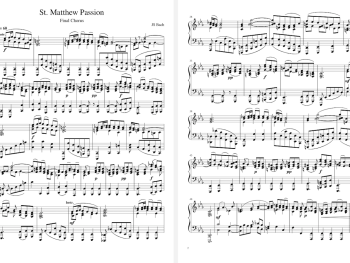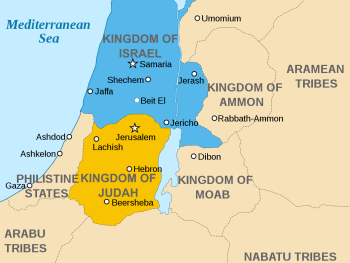
The Bible Canon
The Complete Bible and Standard by Which Everything is Measured
The word "Canon" is a Greek word which comes from the Hebrew word that means "a straight rod" or "reed" and carries within it the imagery of a Papyrus reed. The reed was one of the first items used in the ancient world as an instrument of measurement, and the word "canon" personifies something that is a standard by which other things are measured. In Christianity the term "Canon" has been used to refer to the complete Bible from beginning to end, and these collections of books are regarded as authoritative and the inspired Word of God. The finalizing of the full completed collection was of paramount importance once efforts were made to destroy all copies of any sacred writings of Jews and Christians in the first few centuries AD. During this time many heretical documents began to appear claiming divine inspiration, and these documents were systematically refuted as fraudulent based on various evidence. The church determined which books were to be included in the canon, not by which ones they approved, but by which ones contained evidence of divine inspiration.
The Old Testament Canon
During the time of Jesus, the first century A.D., there was a collection of sacred Jewish writings which Jesus spoke of as "the Scriptures" that were read publicaly and tauight regularly in the synagogues. These were the 24 books of the Hebrew Scriptures that correspond exactly with the 39 books of our Old Testament. The Jews referred to the Scriptures as the Law, the Prophets, and the Writings. The church agreed that these writings were inspired by God and included them in the Canon along with the New Testament Canon.
The New Testament Canon
The Church was born on the Day of Pentecost when the disciples of Jesus had gathered in the upper room in Jerusalem, and the Holy Spirit filled the place with the sound of a mighty rushing wind and the appearance of cloven tongues of fire on each of them. This all happened just as Jesus had promised, and over time the Word of God spread throughout the land and even into Asia and Europe through the ministry of Paul the Apostle. He planted churches along his missionary journeys, and these churches accepted the Hebrew Scriptures as the Word of God. The writings of Paul quickly spread to all the churches as well as the writings about of the Gospel of Jesus Christ. One historical example is from a first century writer named Clement, minister of the church in Rome who wrote a letter and quoted from the books of Matthew, Luke, the writings of Paul and also Peter. These types of writings indicated that there were copies being circulated within the Christian churches. The message of Jesus Christ continued to spread even through the fire of intense persecution, until finally the Canon of the New Testament was ratified at the Third Council of Carthage in 397 AD.





















